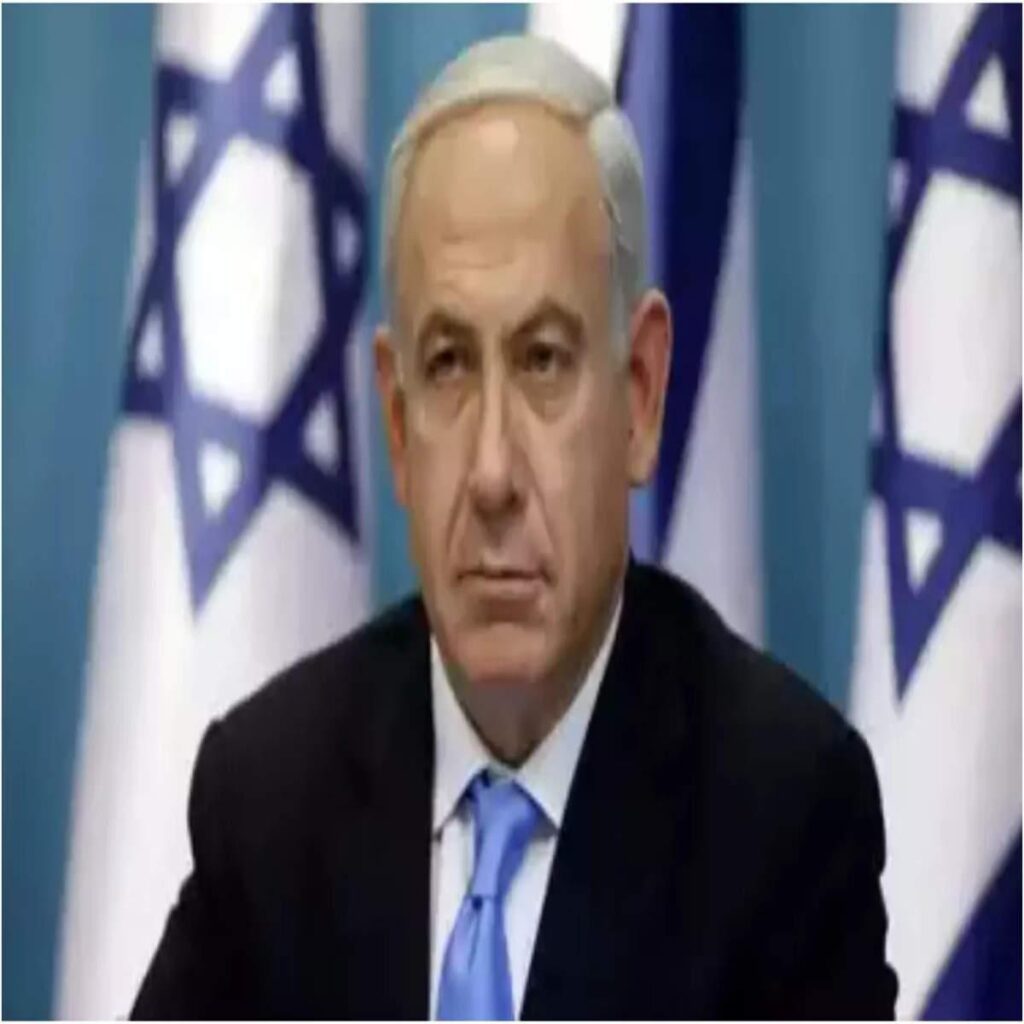In a daring act of technological warfare, Hezbollah drones targeted the residence of Israeli Prime Minister Benjamin Netanyahu, sending shockwaves through the political landscape of the Middle East. The unprecedented attack has raised serious security concerns and sparked a heated debate over the use of unmanned aerial vehicles in conflicts between nations. Let’s delve deeper into this dramatic incident and examine its potential implications for regional stability.
Hezbollahs Provocative Move: A Drone Attack on Netanyahus Residence
The recent drone attack on Israeli Prime Minister Benjamin Netanyahu’s residence by Hezbollah has sparked outrage and raised concerns about escalating tensions in the region. The drone, equipped with explosives, was intercepted and shot down by Israeli forces before it could reach its target. This provocative move has further strained the already tense relationship between Israel and Hezbollah.
Israeli officials have condemned the drone attack as a blatant act of aggression and have vowed to retaliate against Hezbollah. The incident has prompted fears of potential retaliation from Israel, leading to heightened security measures in the region. The Israeli government has called on the international community to condemn Hezbollah’s actions and to support Israel in maintaining peace and security in the region.
Potential Threats Posed by Drone Attacks on High-profile Targets
Hezbollah recently claimed responsibility for a drone attack on high-profile Israeli Prime Minister Benjamin Netanyahu’s residence. This incident raises concerns about the potential threats posed by drone attacks on key government officials and other high-profile targets. Drones have the capability to bypass traditional security measures, making them a significant risk to individuals in positions of power.
The use of drones in targeted attacks can lead to severe consequences, including loss of life, property damage, and disruption of governmental operations. With advancements in drone technology, it is crucial for security agencies to enhance their strategies for detecting and preventing such attacks. Heightened vigilance and improved counter-drone systems are essential in mitigating the risks associated with drone strikes on high-profile individuals and locations.
Security Measures and Strategies to Mitigate Drone Attacks
Recent reports have revealed that a Hezbollah drone was discovered near Israeli Prime Minister Benjamin Netanyahu’s residence, raising concerns about the growing threat of drone attacks. In order to address this alarming security issue, it is essential to implement effective measures and strategies to mitigate the risks posed by drone attacks.
Some key security measures and strategies to combat drone attacks include:
- Utilizing anti-drone technology: Deploying advanced counter-drone systems such as signal jammers, drones detection systems, and anti-drone drones to intercept and neutralize unauthorized drones.
- Enhancing physical security: Strengthening perimeter security around sensitive sites with barriers, fences, and surveillance cameras to deter and detect potential drone threats.
- Training security personnel: Providing specialized training to security personnel on identifying, monitoring, and responding to drone threats effectively.
International Response and Diplomatic Solutions for De-escalation
Amidst escalating tensions in the Middle East, Hezbollah recently launched a drone targeting Israeli Prime Minister Benjamin Netanyahu’s home. This provocative act has raised concerns about the potential for further conflict and the need for international intervention to prevent a full-scale escalation.
**In response to this incident, diplomatic solutions for de-escalation are being sought by world leaders. Some potential measures include:
- Convening emergency meetings at the United Nations to discuss the situation and call for a ceasefire.
- Engaging in direct negotiations between Israeli and Lebanese officials to address the root causes of the conflict.
- Implementing sanctions on Hezbollah to deter further acts of aggression.
| Country | Action |
|---|---|
| United States | Offering mediation services between Israel and Lebanon |
| France | Proposing a peace summit in Paris |
| United Kingdom | Calling for an immediate ceasefire |
Wrapping Up
the recent Hezbollah drone targeting Israeli Prime Minister Benjamin Netanyahu’s home serves as a sobering reminder of the ongoing tensions in the Middle East. The incident highlights the potential threat posed by unmanned aerial vehicles in modern warfare, and reinforces the need for continued vigilance and diplomacy in the region. As the situation continues to evolve, it is imperative that all parties involved strive for peaceful resolution and dialogue. Let us hope for a future where conflict gives way to cooperation, and where drones are used not as weapons of destruction, but as tools for progress and innovation.


